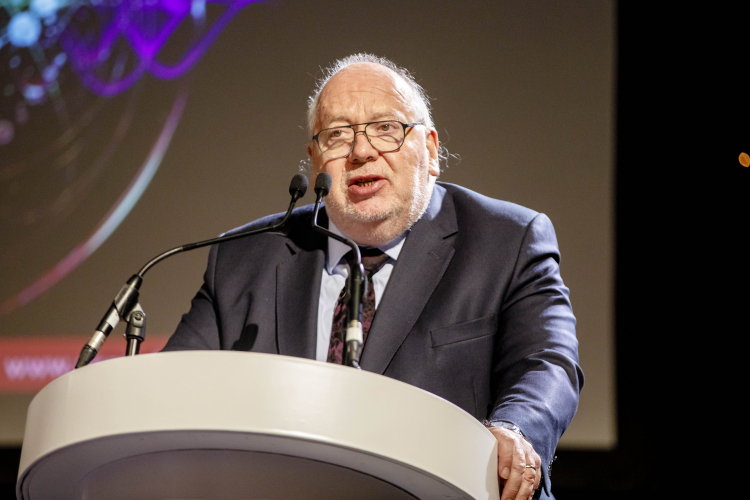National resilience and the role of the risk professional

The job of the risk professional is to help organisations overcome group think, confirmation bias and short-term performance targets, to prepare for the unexpected catastrophe. “So, no pressure!” Lord (Toby) Harris told the Airmic ERM Forum on 7 December.
Lord Harris, who describes himself as a recovering politician, has served in many public service offices. Today, he is Chair of the National Preparedness Commission. The commission brings together 45 leading figures from public life, academia, business and civil society to make the country better prepared for a major crisis.
The commission believes that corporate resilience is an essential part of strengthening society’s ability to address future crises. “Whether it is a new pandemic, a massive cyber-attack or climate change, genuinely, we are all in it together.”
Lord Harris’s description of the need for a new approach to national strategic risks must have had a resonance with many risk managers. “The current approach is silo-driven, with each potential hazard and its possible mitigations considered separately. There is no proper assessment of the way in which risks are interconnected and no real approach to systemic risk,” he said.
He acknowledged that it is expensive to be properly prepared to respond to a catastrophe and come out tougher afterwards. “Adopting a preparedness philosophy means parking our ‘just in time’ approach in favour of ‘just in case’ being ready to build in redundancy and avoid interdependence. This is bad enough in the public sector, but even more so in the corporate sector, particularly in a world with an increasing focus on annual returns and quarterly figures.”
He warned, too, that our minds work in ways that tend to make it hard to respond to novel risks and to protracted and complex challenges:
- We find it easier to believe that something might happen if it comes easily to mind.
- We tend to be over-optimistic about the risk of something bad happening and over-confident about our ability to cope if it does.
- We are not very good at judging how much effort to invest in preventing low likelihood/very high impact risks.
- We tend to pay attention to what supports our existing beliefs while ignoring information that contradicts them.
- Our tendency is to think with the group.
This is where risk professionals come in, said Lord Harris. They have to help their organisations overcome these natural dynamics to make good judgements about catastrophe risks, he concluded.
|
The UK government’s integrated review of security and defence policy, published earlier this year, includes a commitment to produce a National Resilience Strategy in 2022. |
